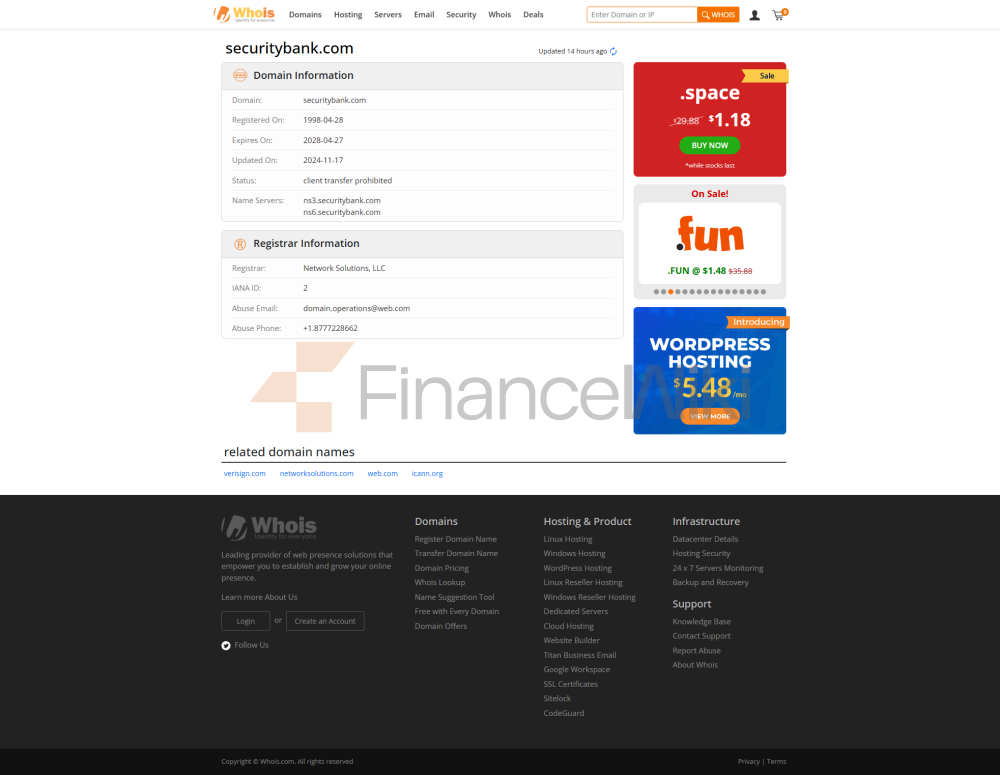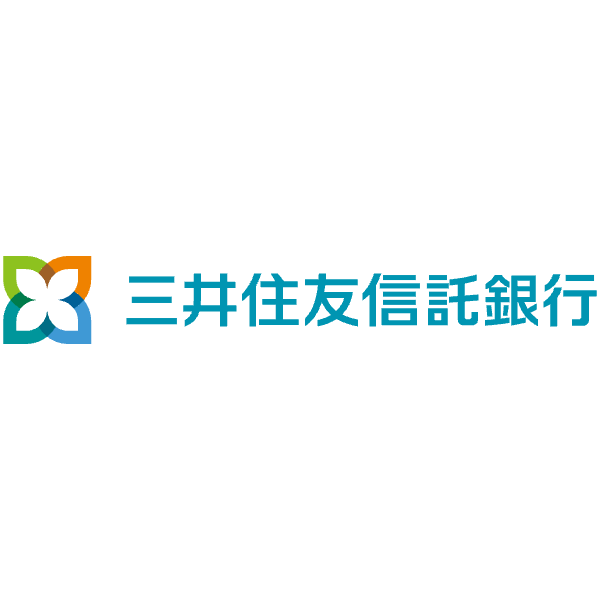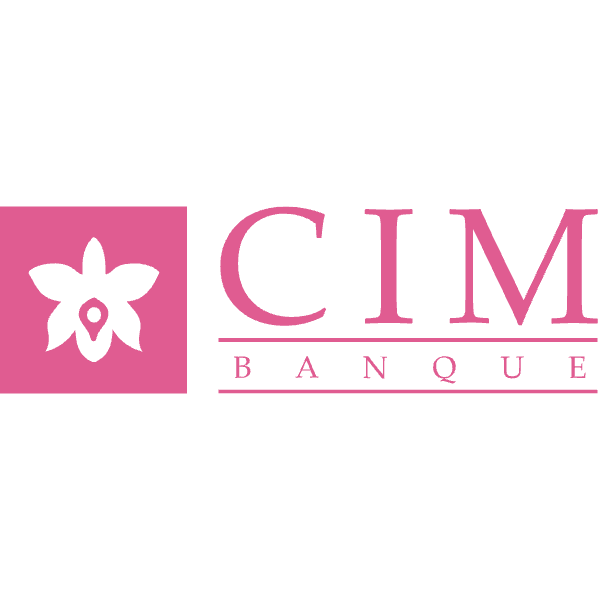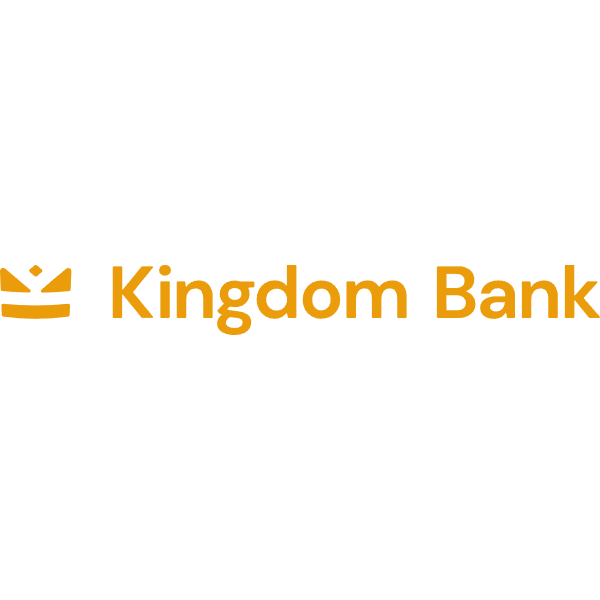🏛️ Bank Basics Security
Bank is a privately held commercial bank.
name and background
- full name of
the bank: Security Bank Corporation (PSE: SECB)
Founded: The Bank was established on June 18, 1951 as Security Bank and Trust Company, the first privately held and Filipino-owned bank in the post-World War II Philippines. In 1991, new majority owners, led by Frederick Y. Dy, took over the bank. In 1994, the bank obtained a comprehensive banking license and in 1995 it was publicly listed on the Philippine Stock Exchange (PSE).
Headquarters Location: The headquarters is located in Makati City, Philippines.
Shareholder Background: Security Bank is a publicly traded company whose shares are traded on the Philippine Stock Exchange (PSE). In 2016, Mitsubishi UFJ Financial Group (MUFG) made a strategic investment in Security Bank and acquired a 20% stake. The bank's current majority shareholding structure is that of a listed company and a strategic international partner.
🌐 service scope
Security Bank's service network mainly covers the Philippines.
Coverage area
Bank's service network is spread throughout the Philippines.
Number of offline outlets
bank has a network of branches throughout the Philippines, the exact number of which can be obtained through the branch and ATM map query tool on its official website.
ATM distribution
bank has an extensive network of ATMs across the country, and its official website provides a service to check the location of branches and ATMs, and some ATMs also support cash deposits.
⚖️ Regulatory & Compliance
As a comprehensive bank in the Philippines, Security Bank is subject to strict financial regulation.
regulated by <
ul style="list-style-type: disc" type="disc">SecurityBank Corporation is regulated by Bangko Sentral ng Pilipinas (Bangko Sentral ng Pilipinas - BSP)**.
Participation in the Deposit Insurance Scheme
Yes, Security Bank is a member of the Philippine Deposit Insurance Corporation (PDIC). Effective March 15, 2025, PDIC's maximum deposit insurance coverage will be increased from Php 500,000 per bank to Php 1 million per depositor to provide stronger protection for depositors.
Recent compliance record
The bank is committed to "zero tolerance" for fraud and has a "Speak Up" reporting mechanism. Under the Anti-Financial Account Fraud Act (AFASA), passed in July 2024, banks in the Philippines are required to strengthen their fraud prevention systems. Security Bank responded to these requests by implementing an automated, real-time fraud monitoring and detection system. The recent Moody's Ratings report noted that the bank's capital buffer has declined due to loan growth and upcoming equity acquisitions, and the outlook has been revised from "stable" to "negative", but this reflects the capital management dynamics under the growth strategy and is not a direct compliance breach.
📈 Financial Health Key IndicatorThe
financial health of a bank is an important criterion for assessing its soundness.
key metrics
As of December 31, 2024, Security Bank has a CET1 ratio of 12.9% and a Total Capital Adequacy Ratio (CAR) of 13.8%.
As of December 31, 2024, the Bank has a Liquidity Coverage Ratio (LCR) of 178% and a Net Stable Funding Ratio (NSFR) of 130%, indicating that it maintains a healthy level of liquidity.
As of December 2024, its Gross Non-Performing Loan Ratio (NPL) ratio was 2.85%, down from 3.08% in the previous quarter, and its NPL provision coverage ratio was 81%.
💰 Deposit and loan products
Security Bank offers a diverse range of deposit and loan products to both individual and corporate customers.
deposit class
demand/time deposit rate: The bank offers a variety of savings accounts (e.g. All Access, Easy Savings, eSecure Savings, Junior One Account) and Certificates of Deposit. The specific interest rate varies depending on the type of product, the amount of the deposit, and the term. For example, some savings accounts are eligible for monthly or quarterly incentive rates based on their average daily balance, and eSecure Savings rates range from 0.5000% to 3.0000%.
Featured products such as High-Yield Savings Accounts, Large Certificates of Deposit (CDs), and more: Banks offer accounts with no account opening and maintenance balance requirements, such as Payroll Accounts, as well as Junior One Accounts for children. The minimum balance requirement for opening an account will be removed for its All Access and Easy Savings accounts after January 1, 2024.
Loan <
ul style="list-style-type: disc" type="disc">Interestrates and thresholds for housing loans, car loans, and personal lines of credit: The bank offers personal loan products with a minimum loan amount of PHP 30,000 and a maximum loan amount of PHP 2,000,000. The monthly surcharge rate for personal loans is around 1.39%-1.89%, and the repayment period can be selected between 12 and 36 months. The specific mortgage and car loan interest rates and thresholds need to be determined according to the customer's credit standing and market conditions.
Flexible repayment options: Personal loans are available with 12, 18, 24 and 36 month repayment term options.
A list of 📄 common expenses
The transparent fee structure helps users get a clear picture of the cost of banking services.
Account Management Fee (Monthly/Yearly)
Security Bank Some account types may not have a minimum account opening and maintenance balance limit, such as All Access and Easy Savings accounts.
Transfer Fee (Domestic/Cross-Border)
Domestic transfers to any Security Bank account are free.
Overdraft fees, ATM inter-bank withdrawal fees
specific overdraft fees are not detailed in the public information.
ATM interbank withdrawal fees are not detailed, but they are usually charged.
Hidden fee reminders (e.g. minimum balance limits)
- some accounts with banks have
removed minimum balance limits after January 1, 2024, but there may still be requirements for certain products, and users are advised to check the latest official rate schedule.
📱 digital service experience
With the development of technology, digital services for banks are becoming increasingly important.
- APP
& Online Banking
APP name: Security Bank App
User Ratings: The app was newly upgraded in August 2024 to address user pain points and provide a more stable, secure, and seamless experience. Digital Banker's judges noted that its customer satisfaction rate was 89% and its uptime was 99.8%. However, some users have reported difficulties with registration, failed transfers, and slow customer service responses in Google Play reviews.
Core features: The new version of the app offers automatic account linking (registering an account automatically links to other bank accounts, credit cards, and investments), quick balance checkup (no login required), offline soft token (authorizes web transactions and logins, even if the phone is offline), simplified bill payments (searching, viewing, and scheduling recurring payments), card control (setting daily budget reminders, locking/unlocking credit cards), fund transfers (to own accounts, and more). Security Bank account and transfers to other banks via InstaPay, with support for recurring transfers and money transfers), mobile top-ups, and an in-app notification center.
Technological innovation
Security Bank launched a new retail app in 2024 that is built on customer feedback and a future-proof technology stack to elevate the digital banking experience. The bank also deployed an experience management platform to collect and analyze real-time customer feedback to drive service quality improvements. They leverage real-time insights, automated workflows, and personalized interactions to drive customer engagement, satisfaction, and retention.
📞 quality of customer service
Efficient and high-quality customer service is the key for banks to win the trust of users.
service channel
The bank offers a customer service hotline at +632 8887-9188 (within the Philippines), 1-800-1-888-1250 (PLDT landline toll-free), and supports email via customercare@securitybank.com.ph.
There is no explicit mention of the responsiveness of 24/7 phone support, live chat, or social media.
Complaint Handling
The Bank has a "Speak Up" reporting mechanism to receive and process reports of unusual behaviour or misconduct from customers. Encourage customers to report suspected fraud. Complaints are handled seriously and follow-up is provided. If the customer is not satisfied with the bank's solution, he can file a complaint with Bangko Sentral ng Pilipinas.
Multi-language support
Security Bank's digital platform and some services are available in English to accommodate international customers and the local multilingual environment in the Philippines.
🔒 security measures
Banks have adopted multiple safeguards in terms of capital and data security.
security of funds
customer deposits are protected by the Philippine Deposit Insurance Corporation (PDIC), Its maximum insurance coverage is PHP1 million per depositor per bank.
Banks are committed to combating financial fraud and online fraud. The Anti-Financial Account Fraud Act (AFASA), passed in July 2024, requires banks to implement automated and real-time fraud monitoring and detection systems. Security Bank leverages advanced fraud detection technologies, such as ThreatMetrix® from LexisNexis Risk Solutions, to analyze billions of global online transactions to build user risk profiles and digital identities to distinguish trusted users from potential threats.
Data Security
banks have designed new versions of their apps with security and stability in mind. However, there is no clear mention in publicly available information of whether ISO 27001 certification has been achieved or that there has been a specific major data breach.
✨ Featured services and differentiation
In order to meet the needs of different customer groups, Security Bank provides a variety of special services.
market segment
offers a "Junior One Account" to serve the children and youth market.
It has a core business in wholesale banking, retail banking, and financial markets, and has established a solid niche in the affluent Filipino-Chinese community.
Provide investment and capital markets services, including trust products, treasury services and investment banking services.
There is no clear mention of wealth management or green finance/ESG investment products for the elderly in the public information.
High Net Worth Services
Security Bank has been named the "Best Bank for High Net Worth Clients" in the Philippines by the Euromoney Private Banking Awards for five consecutive years (as of 2025), demonstrating its leadership in serving high net worth clients. Through a dedicated team of wealth managers, service managers and investment advisors, banks provide a personalized and exclusive banking experience to affluent clients to help them grow and protect their wealth.
🏆 Market position and honors
Security Bank has a significant market position and recognition in the Philippine banking industry.
industry rankings
As of December 31, 2020, Security Bank was the eighth largest private domestic integrated bank in the Philippines by total assets, seventh largest by loans, and fifth largest by capitalization. As of 2024, its total assets have grown to PHP 1.1 trillion.
Awards
- Security
Bank Award-winning, including:
Winner of the Euromoney Private Banking Awards for "Best Bank for High Net Worth Clients" in the Philippines for five consecutive years (up to 2025).
Won at The Digital Banker's Digital CX Awards for its achievements in elevating the digital experience for customers.
It has been named "Bank of the Year – Philippines" by The Banker of London several times (e.g. 2018, 2016, 2015 and 2012).
Received the 2018 and 2019 "Best Retail Bank in the Philippines" award from The Asian Banker.
Winner of "Best User Experience – Internet, Enterprise Website" and "Outstanding Chatbot Customer Experience" at the 2020 Digital CX Awards.

















